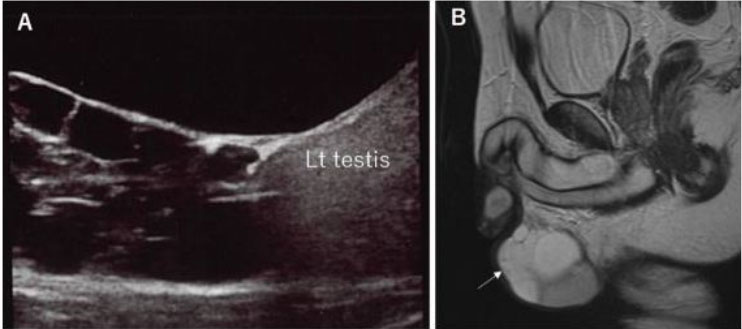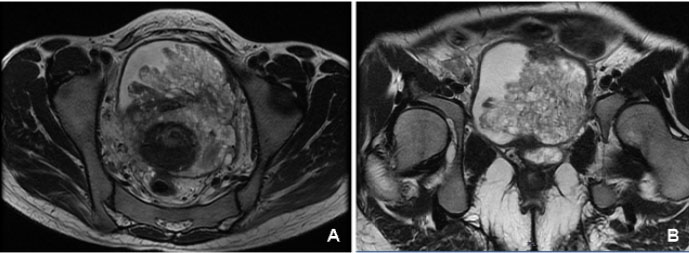 |
Case Report
A case of hydrocele repair: Legal aspect of consenting and post-operative complication
1 Clinical Fellow, Urology, The Mid and South Essex NHS Foundation Trust, Southend-on-Sea, Essex, United Kingdom
Address correspondence to:
Divya Bheenick
47 Chartwell Plaza, 9 Southchurch Road, Southend-on-Sea, Essex SS1 2BQ,
United Kingdom
Message to Corresponding Author
Article ID: 100026Z15DB2022
Access full text article on other devices

Access PDF of article on other devices

How to cite this article
Bheenick D. A case of hydrocele repair: Legal aspect of consenting and post-operative complication. J Case Rep Images Urol 2022;7(2):5–10.ABSTRACT
Introduction: The duties of a doctor are not only limited to providing medical treatment or surgical interventions to patients but also involve appropriate communication with them. Providing adequate information, addressing patients’ concerns, and respecting their decision making is all part of a doctors’ work ethics. The case describes a patient who had a hydrocele repair and developed early post-operative complications. The concern raised is whether adequate information regarding the procedure was given to the patient.
Case Report: A 45-year-old medically healthy man was referred to the urology department by his general practitioner for an enlarging right-sided hydrocele. The main reason for seeking treatment was cosmetic. Due to the coronavirus (COVID-19) pandemic, he had a non-face-to-face urology clinic appointment only a few months later. After having discussed the various management options with the urologist, he opted to have a hydrocelectomy. On the day of the surgery, several months later, the operating surgeon consented the patient whereby he again explained the procedure and the associated risks. The surgery itself was uneventful, unfortunately, he developed early post-operative complications. He presented with increasing scrotal pain and swelling, features suggestive of an infected hematoma. He was managed conservatively with oral analgesia and antibiotics after which his symptoms improved. However, a Doppler ultrasound scan performed two weeks later, showed an avascular right testicle. He was immediately admitted to the hospital and was taken to theater for a scrotal orchidectomy. The outcome of the procedure was unexpected and even more undesirable cosmetically. The patient was dissatisfied and eventually lodged a formal complaint in the Patient Advice and Liaison Service (PALS).
Conclusion: Post-operative complications can occur. However, providing patients with timely and adequate information ensures that the standard of care is met.
Keywords: Complication, Hydrocele surgery, Orchidectomy
SUPPORTING INFORMATION
Acknowledgments
Mr Ben Dawam Urology Consultant
Author ContributionsDivya Bheenick - Conception of the work, Design of the work, Acquisition of data, Analysis of data, Drafting the work, Revising the work critically for important intellectual content, Final approval of the version to be published, Agree to be accountable for all aspects of the work in ensuring that questions related to the accuracy or integrity of any part of the work are appropriately investigated and resolved.
Guaranter of SubmissionThe corresponding author is the guarantor of submission.
Source of SupportNone
Consent StatementWritten informed consent was obtained from the patient for publication of this article.
Data AvailabilityAll relevant data are within the paper and its Supporting Information files.
Conflict of InterestAuthor declares no conflict of interest.
Copyright© 2022 Divya Bheenick. This article is distributed under the terms of Creative Commons Attribution License which permits unrestricted use, distribution and reproduction in any medium provided the original author(s) and original publisher are properly credited. Please see the copyright policy on the journal website for more information.





